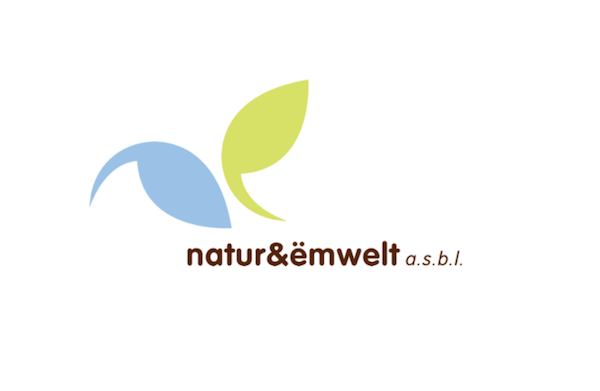
On Monday 14 July 2025, Luxembourg-based conservation NGO natur&ëmwelt published its response to the European Commission’s 2025 Environmental Implementation Review (EIR).
Entitled “Luxembourg’s Environmental Efficiency Faces Biodiversity and Pollution Hurdles in EU Environmental Implementation Review 2025,” the report delivers a mixed message, noting improvements in resource efficiency and environmental governance, but the country continues to face major challenges related to biodiversity loss, pollution and high levels of waste generation, natur&ëmwelt stated.
The NGO reported that Luxembourg stands out for using natural resources more efficiently than most EU countries: for every kilogram of material used, the country generates more than twice the EU average in economic value. It also performs well in wastewater treatment and has improved its recycling rate for construction and demolition waste. Over a quarter of Luxembourg’s territory is now designated as protected under the Natura 2000 network, and the country has recently updated its National Nature Protection Plan (PNPN3) with new biodiversity targets aligned with EU and international objectives. According to natur&ëmwelt, these developments reflect Luxembourg’s capacity to act and its commitment to environmental transition.
However, the EIR highlights that this progress is being undermined by growing environmental pressures linked to demographic and economic expansion, particularly in the more urbanised southern regions. Luxembourg remains one of the highest municipal waste producers in Europe and continues to rely heavily on incineration. At the same time, its circular material use rate is declining, and it risks falling behind on key EU targets for plastic recycling and electronic waste collection.
Natur&ëmwelt further noted that the EIR identifies the most pressing concerns in Luxembourg as the ongoing degradation of biodiversity and the poor quality of surface and groundwater bodies, many of which do not meet EU ecological and chemical standards. Air quality remains problematic, with the country expected to miss reduction targets for several key pollutants. While Luxembourg performs well in environmental governance, the review underscores the need to reinforce administrative capacity for implementation and monitoring. The NGO also highlighted the importance of closing the country’s €403 million annual investment gap - though below the EU average - as essential for meeting environmental goals. Despite Luxembourg’s stronger financial position compared to many EU countries, it still needs to make a significant effort to fully meet its environmental standards and commitments.
Natur&ëmwelt welcomed the transparency provided by the EIR, stating that the report “confirms that Luxembourg has the tools and frameworks in place but must act with greater urgency and ambition.” The NGO stressed that “the continued decline of biodiversity, coupled with persistent pollution issues, is incompatible with the country’s environmental commitments and the expectations of its citizens.” It called on policymakers to “take the review’s recommendations seriously, increase investment and improve legislation, and accelerate efforts to restore nature, promote sustainable land use, and strengthen waste prevention and circularity.” Natur&ëmwelt concluded that “environmental protection must become a pillar of its development - not its constraint.”








